The relationship between weed and weight loss is complex and influenced by how cannabis affects our appetite, metabolism, and food choices. While the infamous “munchies” can lead to increased calorie intake, cannabinoids like THC and CBD also interact with the endocannabinoid system to regulate hunger and satiety. In this article, we explore how cannabis use can both stimulate appetite and alter weight dynamics, and we offer practical tips to balance enjoyment with healthy weight management.
The human endocannabinoid system (ECS) plays a pivotal role in maintaining energy balance and body weight. This system comprises cannabinoid receptors (CB1 and CB2), endogenous ligands, and metabolic enzymes. When you consume cannabis, THC binds primarily to CB1 receptors in the brain and peripheral tissues, influencing neural pathways that control hunger, stress, and reward. Meanwhile, CBD interacts more subtly, modulating the ECS without the psychoactive “high.” Together, these cannabinoids can shift metabolic processes and calorie utilization.
Research indicates that activation of CB1 receptors by THC can increase appetite, leading to the classic weed and weight loss paradox: users may eat more yet do not always gain weight proportionally. Some studies suggest that regular cannabis use correlates with lower body mass index (BMI) and reduced rates of obesity, possibly due to improved insulin sensitivity or altered fat storage mechanisms. However, individual responses vary widely based on genetics, consumption habits, and overall lifestyle.
One of the most well-known effects of cannabis is appetite stimulation, colloquially known as the “munchies.” After consuming cannabis, THC activates CB1 receptors in regions of the brain responsible for hunger signaling, temporarily suppressing feelings of fullness. As a result, users often experience heightened cravings for calorie-dense, palatable foods.
Studies have shown that this effect can lead to a 20–50% increase in food intake during periods of intoxication. For some, the combination of elevated appetite and altered decision-making can result in poor nutritional choices, making it challenging to achieve weed and weight loss goals. Understanding this mechanism helps users anticipate and manage their eating behavior during and after cannabis use.
In clinical settings, the appetite-stimulating properties of cannabis are harnessed to treat patients with cachexia, HIV/AIDS, cancer, and other conditions that cause severe weight loss. Synthetic THC analogs like dronabinol and nabilone are approved medications that mimic the action of natural cannabinoids on CB1 receptors, helping patients maintain a healthy weight and improve quality of life.
While these treatments demonstrate the power of weed and weight loss management in specific medical contexts, they also highlight the dual nature of cannabis: what helps one group gain necessary weight may challenge the goals of those seeking to lose or maintain weight. Physicians must therefore tailor dosing and strain selection carefully to balance therapeutic benefits with potential increases in appetite and caloric intake.
Cannabis-induced appetite stimulation does not automatically translate to weight gain. Research indicates that while users often consume more calories when high, regular cannabis users tend to have similar—or even lower—BMI compared to non-users. One hypothesis is that cannabis may enhance metabolic rate or promote more efficient energy use, offsetting increased calorie intake.
Moreover, the suppression of weight loss rather than direct weight gain suggests a nuanced relationship between weed and weight loss. Occasional users might see temporary weight gain due to binge eating during intoxication, whereas chronic users could develop tolerance to appetite-stimulating effects, normalizing their eating patterns over time.

Paradoxically, some population studies have linked regular cannabis use with lower obesity rates and smaller waist circumferences. Researchers hypothesize that cannabinoids might improve insulin sensitivity and lipid metabolism, offering a metabolic benefit that supports weed and weight loss for certain individuals. Additionally, some users report that cannabis aids in reducing anxiety-driven snacking and emotional eating during non-intoxicated periods.
Understanding the interplay between weed and weight loss enables you to enjoy cannabis responsibly without compromising your health goals. By selecting appropriate strains, planning mindful snacks, and incorporating regular physical activity, you can harness the benefits of cannabis while managing your caloric intake and metabolism. Remember, individual responses vary—track your habits, adjust your approach, and find the balance that works best for you.
For a reliable, university-backed perspective on how cannabis use can correlate with body weight and metabolism, see “New research may explain why, despite ‘the munchies,’ frequent cannabis users are leaner than non-users” from the University of California, Irvine School of Medicine. UC Irvine – Cannabis Use and Body Weight



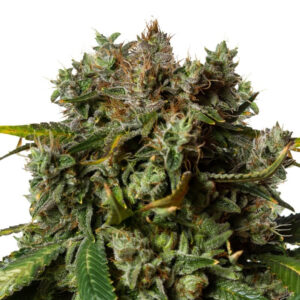

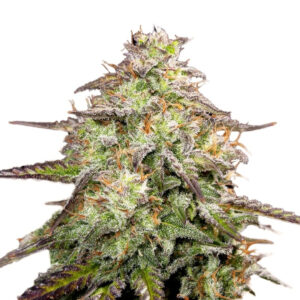
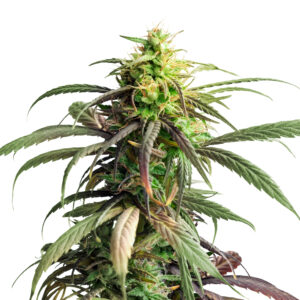






Related Posts
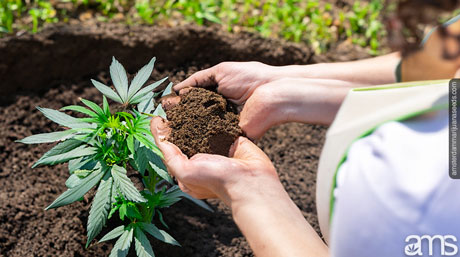
Understanding your soil is the first crucial step to successful marijuana cultivation. Contrary to popular belief, soil is not just ‘dirt’. It’s a complex ecosystem teeming with life, providing the essential nutrients that your cannabis seeds need to grow into sturdy plants.
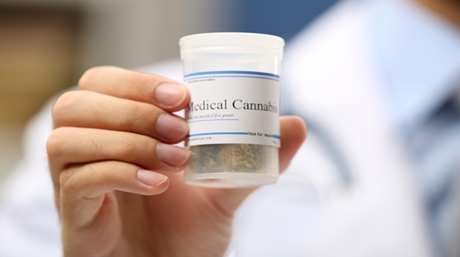
There are lots of buzzes these days about what pot can do and what it can’t. In many states worldwide, marijuana has two distinct forms – medical and recreational.
In this write-up, we are going to focus on what is necessary for medical marijuana. Hang in here for fun facts that you can’t get anywhere else.

Massages are an essential part of any pain management plan. But have you ever tried a massage with cannabis oil?
Sometimes muscles need to be rubbed by someone other than yourself, throw a cannabis infused topical oil into the mix and you will be spoiled for life.